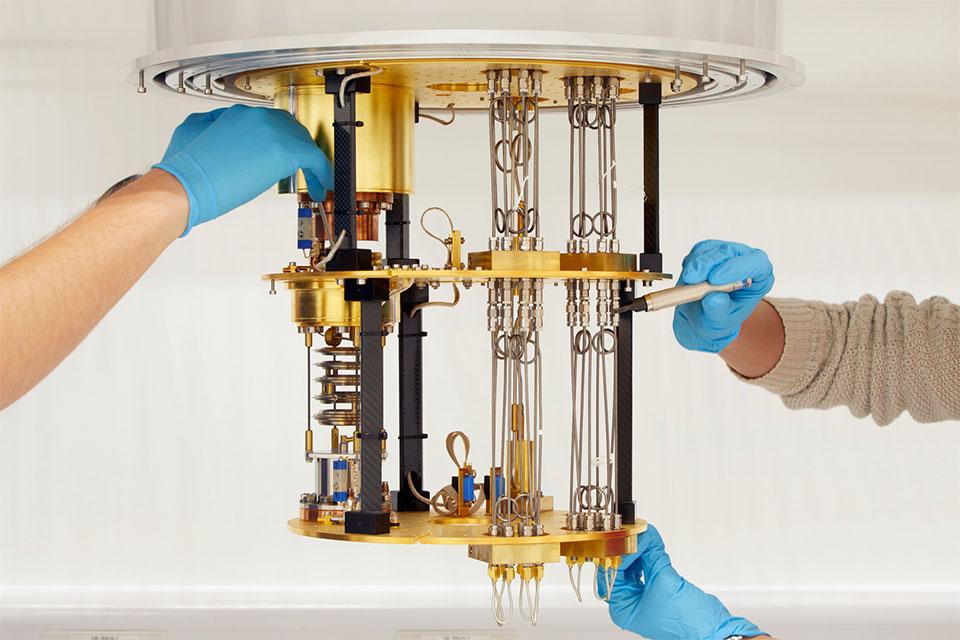Clarendon Laboratory, Department of Physics, University of Oxford, Parks Road, Oxford, OX1 3PU
Gautam Gurung, University of Oxford
Spin-dependent properties are the heart of spintronic devices. Spintronics exploits electron’s spin to process and store the information. Recently, antiferromagnetic (AFM) spintronics has emerged as a subfield of spintronics, where an AFM order parameter (Néel vector) is exploited to control spin-dependent transport properties. Due to being robust against magnetic perturbations, producing no stray fields, and exhibiting ultrafast dynamics, antiferromagnets can serve as promising functional materials for spintronic applications.
Among antiferromagnets, high Néel temperature noncollinear antiperovskites ANMn3 (A = Ga, Ni, Sn, and Pt) are interesting due to their magnetic group symmetry supporting non-trivial spin-dependent transport phenomena. These materials have structural similarity to the perovskite oxides which allows their use in electronic devices working at room temperature. Using symmetry analyses, first-principles methods based on density-functional theory, tight-binding Hamiltonian models, and magnetization dynamics techniques, we demonstrated that AFM antiperovskites can be used as a spin source, spin-torque generator, information carrier in spintronic devices [[1]-[2], [3], [4]]. Depending on the symmetry in different magnetic phases like Γ4g and Γ5g, finiteness of the anomalous Hall conductivity and spin Hall conductivity was predicted.
Further, using quantum-mechanical transport calculations, we predicted the ability of the AFM metals which shows momentum-dependent spin polarization to produce a strong electrical response to the state of the Néel vector. Due to their momentum-dependent spin polarization, such antiferromagnets can be used as electrodes in AFM tunnel junctions (AFMTJs) to control spin-dependent tunneling. In the transport regime conserving electron’s spin and transverse momentum, AFMTJ conductance is largely controlled by the spin matching of the conduction channels of the two electrodes. Depending on the relative orientation of the Néel vector, momentum-dependent spin polarization changes in response to the the Néel vector direction. Based on Mn3Sn (001) electrodes AFMTJ, junction resistance exhibits four non-volatile resistance states corresponding to different orientation of the Néel vector [[5]]. We predicted giant tunneling magnetoresistance (TMR) effect comparable to TMR in well-known magnetic tunnel junctions (MTJs) based on MgO barrier layer.

